
The Astrology of Social Rejection: Uranus
 Let us begin not with the sharpness of rejection itself, but with the peculiar personality of Uranus, the heavenly oddball spinning sideways in the cold distance of our solar system. Uranus doesn’t ask for permission. It does not nod politely at tradition or make any sweet reassurances of stability. It shouts revolution. It embodies the internal lightning strike which insists on truth, even when the world demands convenience. The 11th house is the realm of peers and collectives. Uranus plays out its unorthodox nature here. Here, one’s longing to connect collides with one’s refusal to conform. When the social world demands harmony, they respond with improvisation. This, right there, is the root of much rejection: the refusal to deny the self in order to be accepted. But it isn’t just eccentricity for its own sake. It’s idealism, a kind of wild dream that burns in the chest. The Uranian soul doesn’t want to be liked; it wants to change things.
Let us begin not with the sharpness of rejection itself, but with the peculiar personality of Uranus, the heavenly oddball spinning sideways in the cold distance of our solar system. Uranus doesn’t ask for permission. It does not nod politely at tradition or make any sweet reassurances of stability. It shouts revolution. It embodies the internal lightning strike which insists on truth, even when the world demands convenience. The 11th house is the realm of peers and collectives. Uranus plays out its unorthodox nature here. Here, one’s longing to connect collides with one’s refusal to conform. When the social world demands harmony, they respond with improvisation. This, right there, is the root of much rejection: the refusal to deny the self in order to be accepted. But it isn’t just eccentricity for its own sake. It’s idealism, a kind of wild dream that burns in the chest. The Uranian soul doesn’t want to be liked; it wants to change things.
When this inner fire crashes up against the soft upholstery of social niceties, sparks fly. This is why Uranus so often evokes Prometheus—the mythic outlaw who stole fire from the gods to gift humanity with light, with knowledge. For his trouble, he was punished, chained to a rock, visited daily by suffering. Sound familiar? You see, society has a habit of punishing those who deliver uncomfortable truths. It rewards assimilation, not awakening. The Uranian misfit becomes the scapegoat, a vessel onto which the group can project its fears, its doubts, its insecurities. “You don’t belong,” they say. You remind them of what they’ve chosen to forget—their own untamed spirit.
But rejection, though wounding, isn’t the end of the story. It is but the beginning of individuation. For those touched by Uranus must undergo a kind of alchemy—transforming ostracism into originality, loneliness into leadership. The pain of not being understood becomes the price of profound insight. And over time, something remarkable happens: you stop needing to be included in every circle, and begin instead to create your own. This is where the magic of the 11th house truly begins to shine. You can find a deep camaraderie of the kindred. When a Uranian finds their tribe—it’s a revolution. These aren’t friends in the conventional sense, but co-conspirators in a shared vision, fellow fugitives from the bland tyranny of normalcy.
It’s also worth remembering that astrology, in its most evolved form, does not lock us into fate. It opens doors, shows paths, reveals potentials. You aren’t doomed to be the perpetual outsider. You are meant to be the antenna, the early warning system, the visionary perched at the edge of things, calling back what you see on the horizon. So let us not mourn too deeply the friendships that never took root, or the communities that politely pushed you to the margins. Let us instead honor the outsider within you—the one who will not be bought, cannot be silenced, and still dares to dream of a world that does not yet exist.
In myth, Uranus is sky-god turned rebel. In the psyche, it’s an irrepressible twitch that says, “I shan’t play your game of chairs, society, I’ll dance on the table instead!” And where does this maverick often find itself exiled? In the realm of peers, collective dreams, and revolutions. What we see is the mystic misfit, the Promethean spirit chained by the aching chasm between change and tradition. These individuals don’t just “fail to fit in”—they redefine the very notion of what fitting in means, usually at the cost of comfort but in service of consciousness. When your chart possesses an emphasis of Uranus energy, you are not here to fit in. You are here to light up what others dare not even glimpse. But it is painful. The sting of not being invited, of having your jokes fall flat in the face of convention, of being the child with galaxies in your eyes while the others color within the lines. This is loneliness born of visionary distance. Healing often takes place with the eventual meeting of like-hearted revolutionaries, the creation of circles that do not demand sameness but celebrate the strangeness. And let us not forget that Uranian wounds often lead to Uranian gifts. The very tendencies that once alienated you—the fiery idealism, the uncompromising individuality, the refusal to barter your convictions for approval—are the seeds of profound innovation. These souls bring change because it is necessary. You are a signpost for the future, a thunderbolt in human form, occasionally misunderstood by the present but utterly indispensable to what comes next. When society rejects you, don’t cower. Do what Prometheus did—steal fire, light the way, and if they chain you to a rock, become the thunder that startles them from their comfortable sleep.
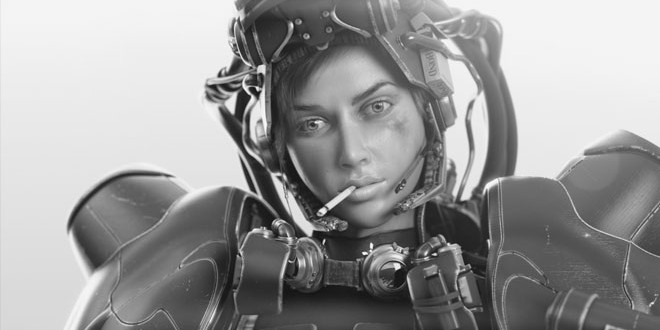
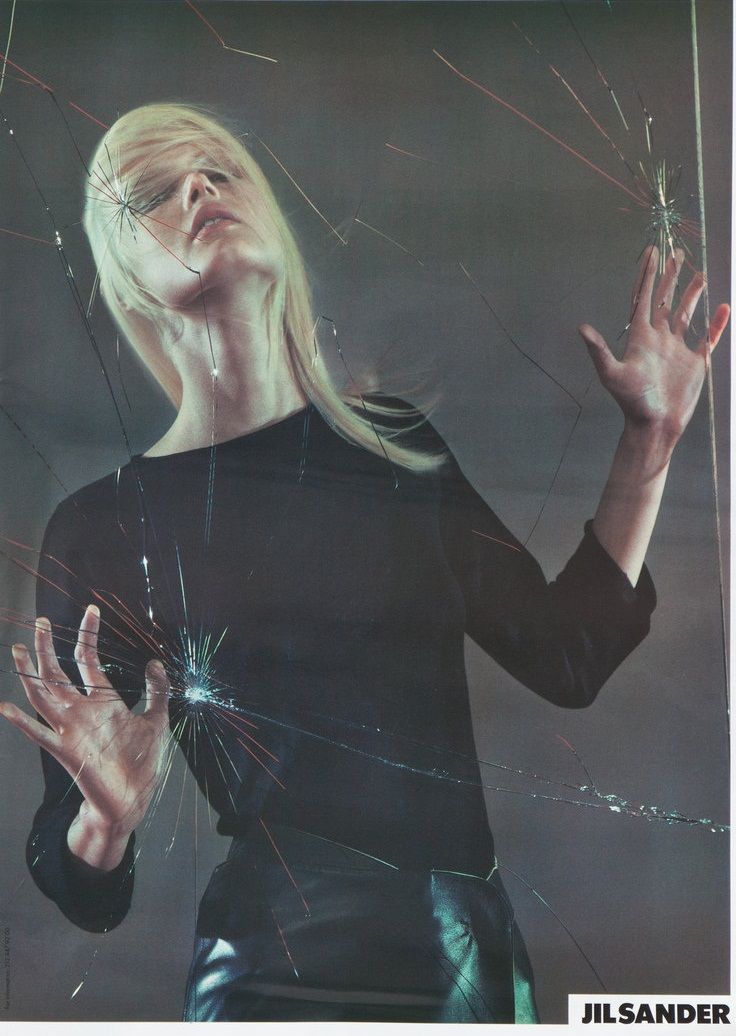



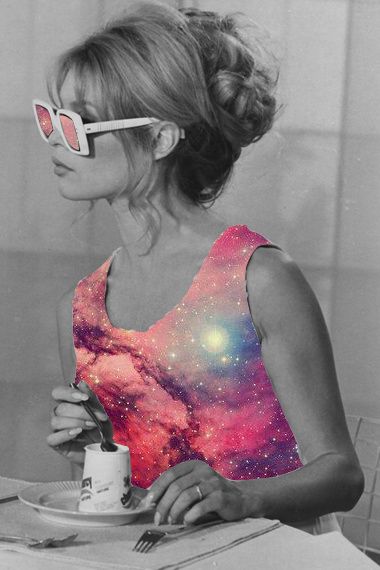

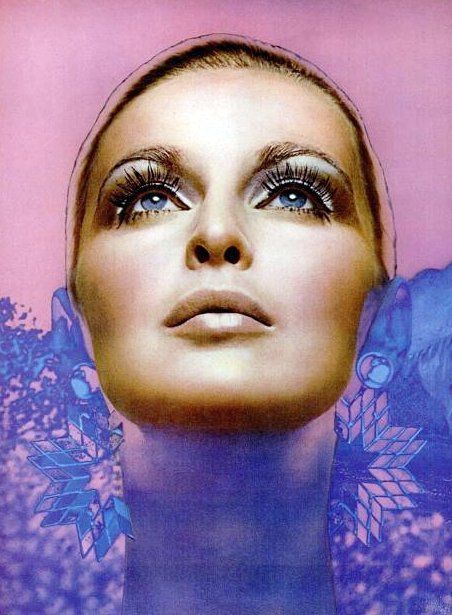
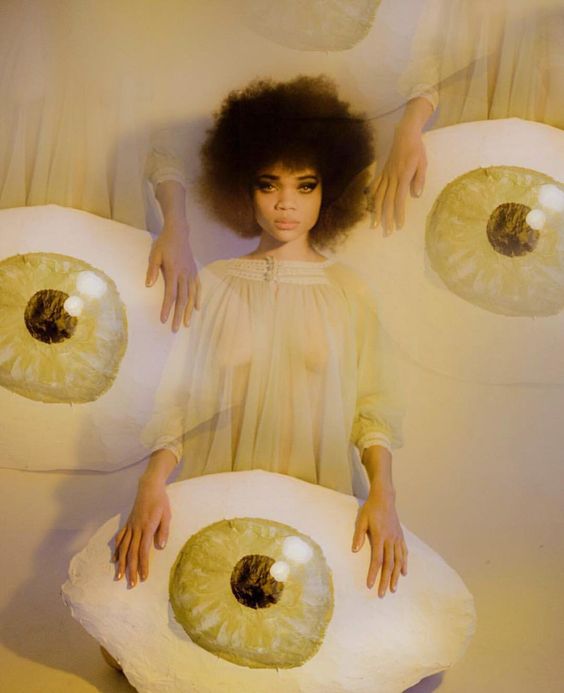

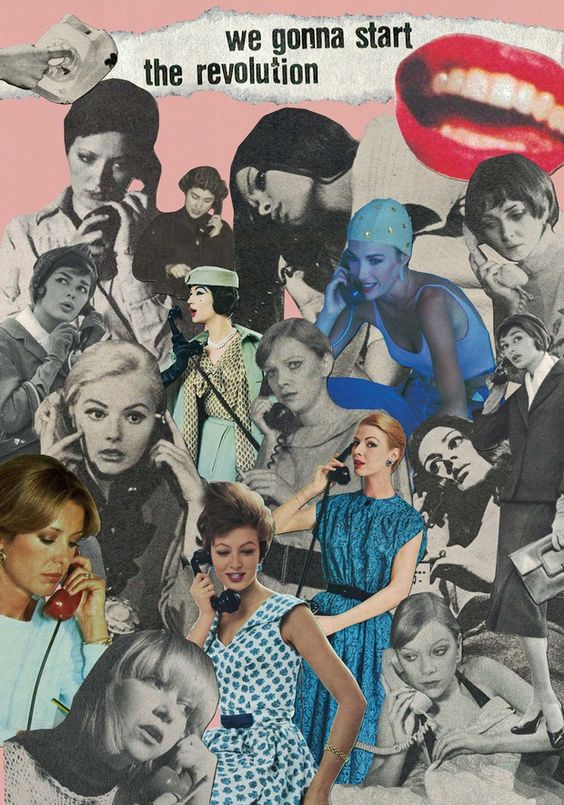




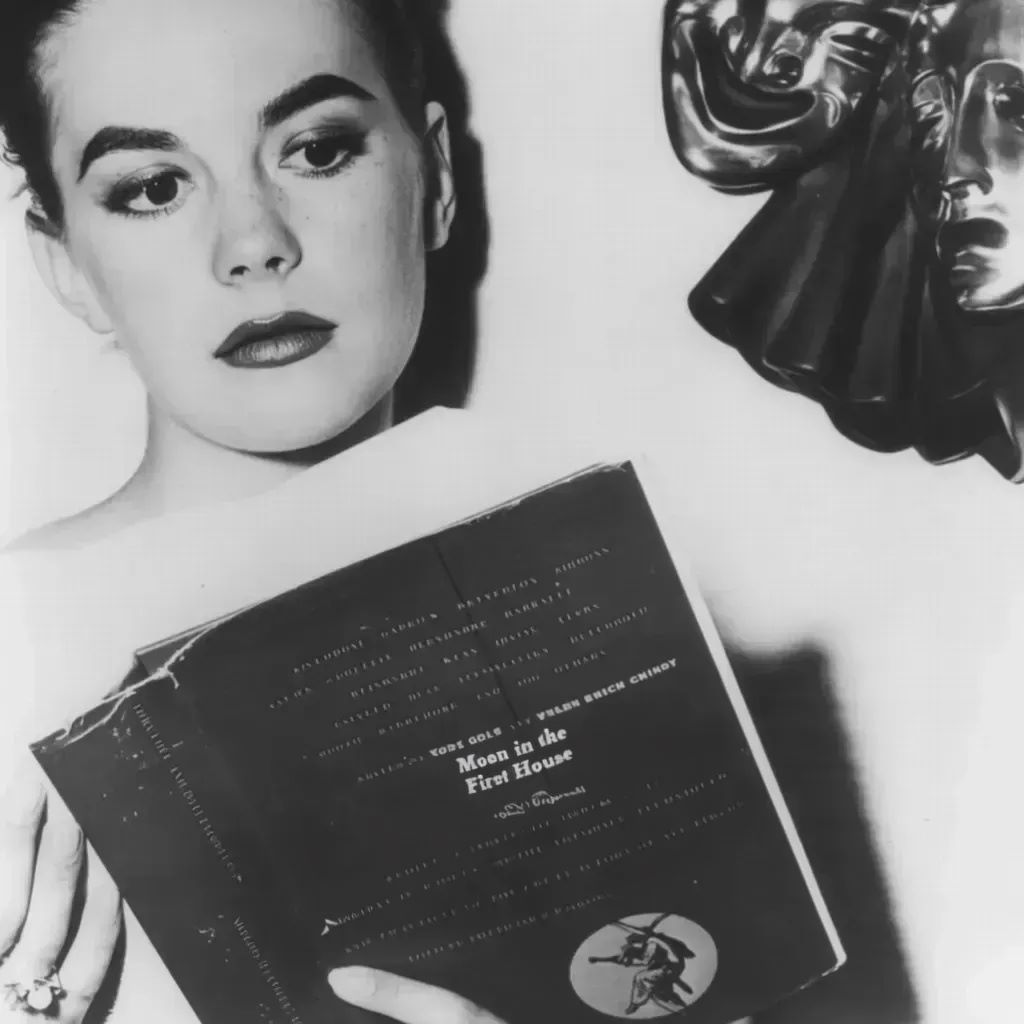

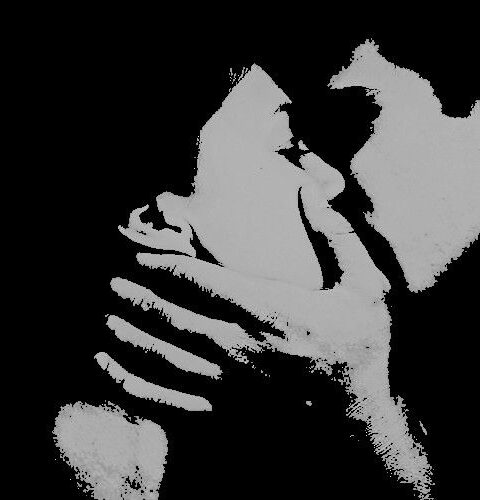
 The Twin Journeys of Saturn’s Returns
The Twin Journeys of Saturn’s Returns
 Pluto Transits Moon: A Time to Grieve
Pluto Transits Moon: A Time to Grieve
 Uranus Transits: 1st House: Winds of Change:
Uranus Transits: 1st House: Winds of Change:
 Venus-Pluto Synastry: A Love So Powerful That It Might Just Kill Them
Venus-Pluto Synastry: A Love So Powerful That It Might Just Kill Them
 Moon Conjunct Pluto Synastry
Moon Conjunct Pluto Synastry
 Love’s Mirage: The Sun- Neptune Synastry Influence
Love’s Mirage: The Sun- Neptune Synastry Influence
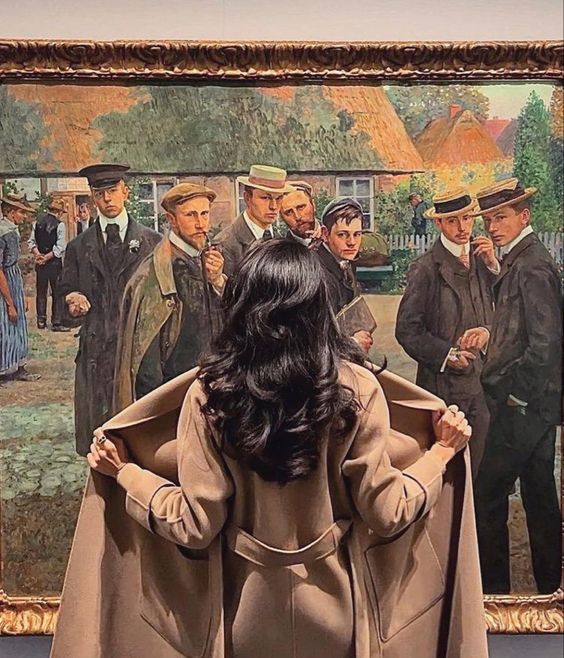 Venus Opposite Uranus: Free to Love as You See Fit
Venus Opposite Uranus: Free to Love as You See Fit
 Sun Square Jupiter Natal Aspect
Sun Square Jupiter Natal Aspect
 Sun Square Uranus Natal Aspect
Sun Square Uranus Natal Aspect
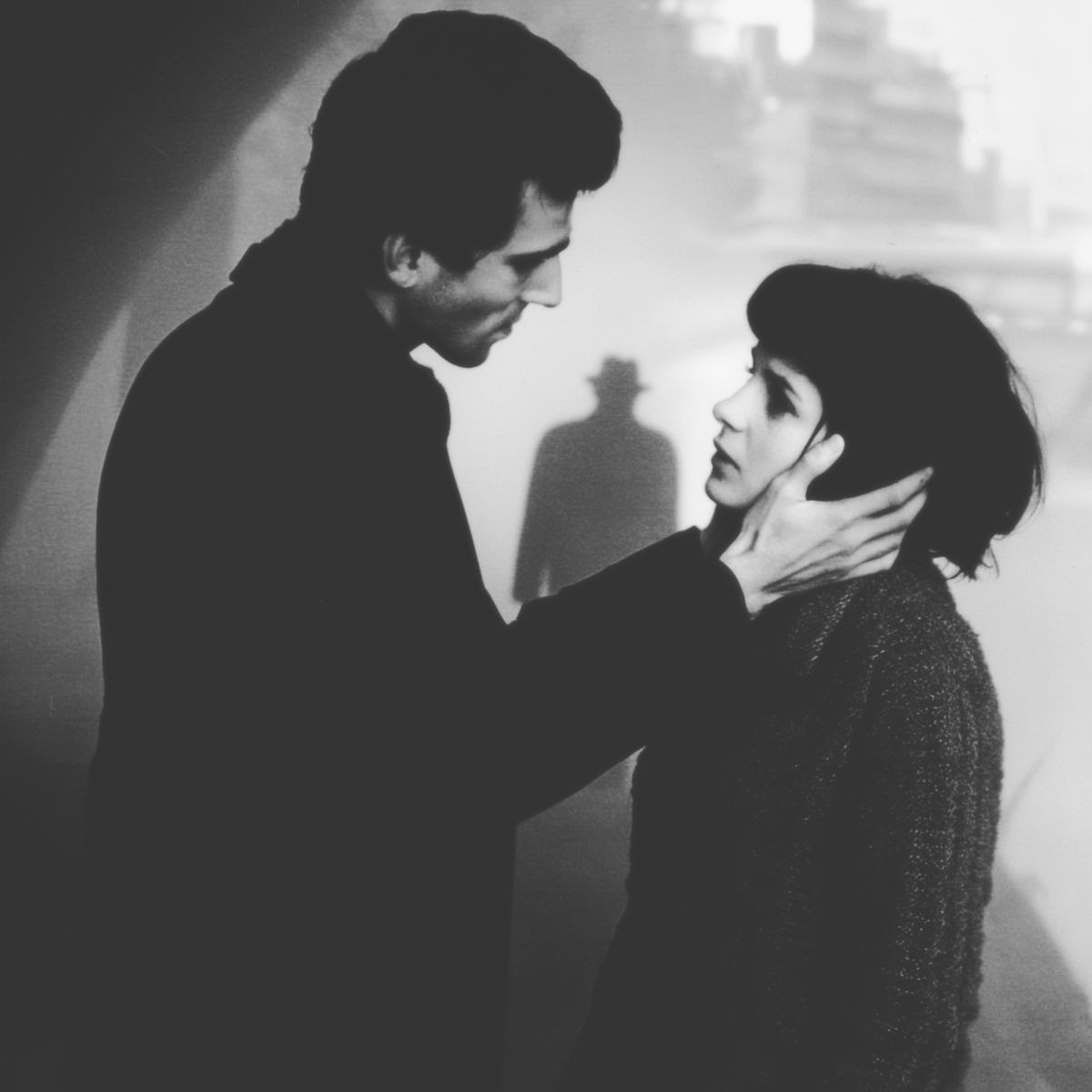 Saturn Conjunct Pluto Synastry
Saturn Conjunct Pluto Synastry
 Uranus Transits the 2nd House: Financial Freedom and Self-Expression
Uranus Transits the 2nd House: Financial Freedom and Self-Expression
 Pluto in the 4th House: You’ll Undergo a Personal Transformation at Home
Pluto in the 4th House: You’ll Undergo a Personal Transformation at Home
 Sun in the 12th House: From Isolation to Illumination
Sun in the 12th House: From Isolation to Illumination
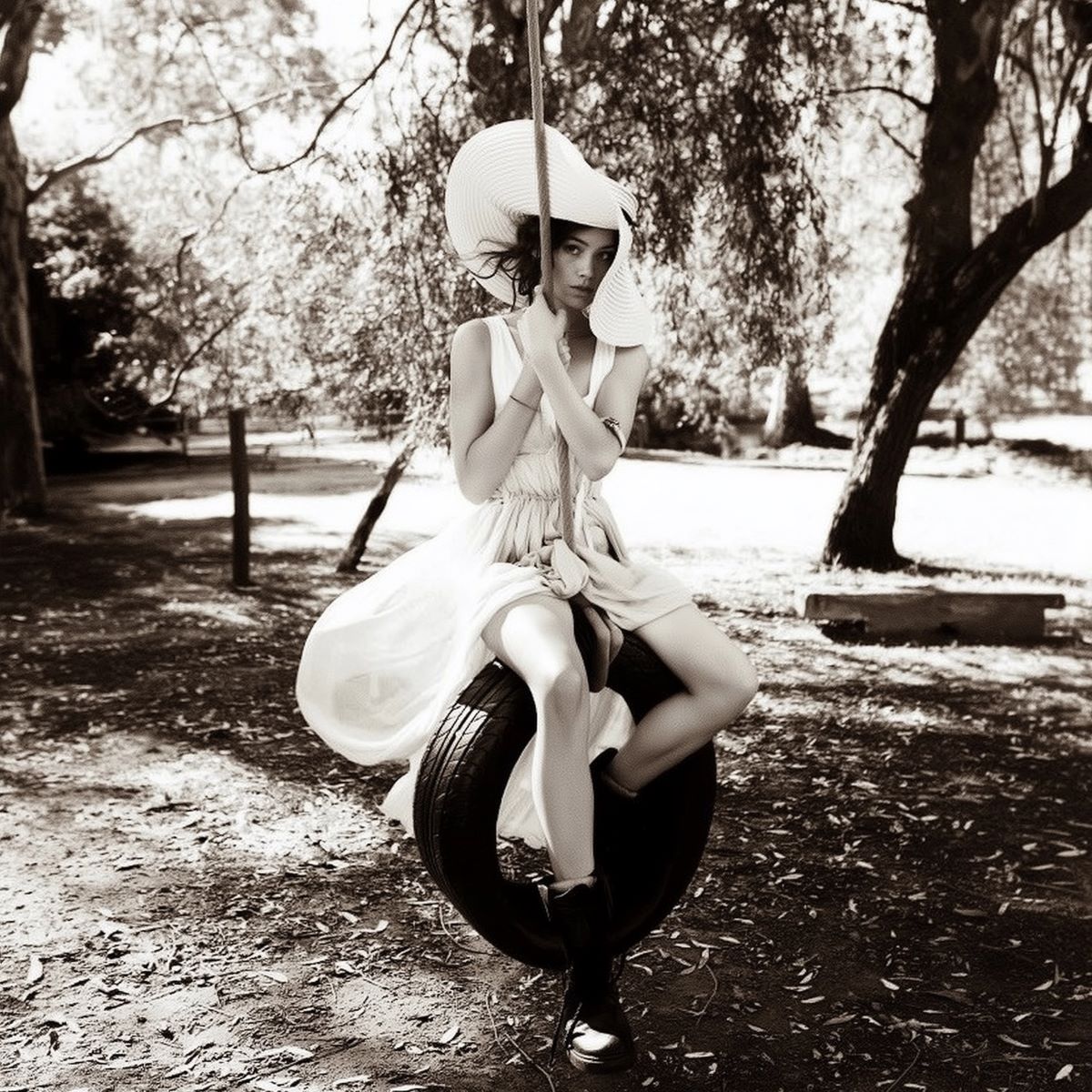 Dispositors in Astrology
Dispositors in Astrology
 Moon in the 9th House
Moon in the 9th House
 Sun Conjunct Mercury: Blindspots
Sun Conjunct Mercury: Blindspots
 Neptune Transits the Sun: A Period of Disorientation?
Neptune Transits the Sun: A Period of Disorientation?
 Venus Trine Pluto: Dark Desires
Venus Trine Pluto: Dark Desires
 Mercury Opposite Uranus Natal Aspect
Mercury Opposite Uranus Natal Aspect
 Moon Conjunct Uranus Natal Aspect
Moon Conjunct Uranus Natal Aspect